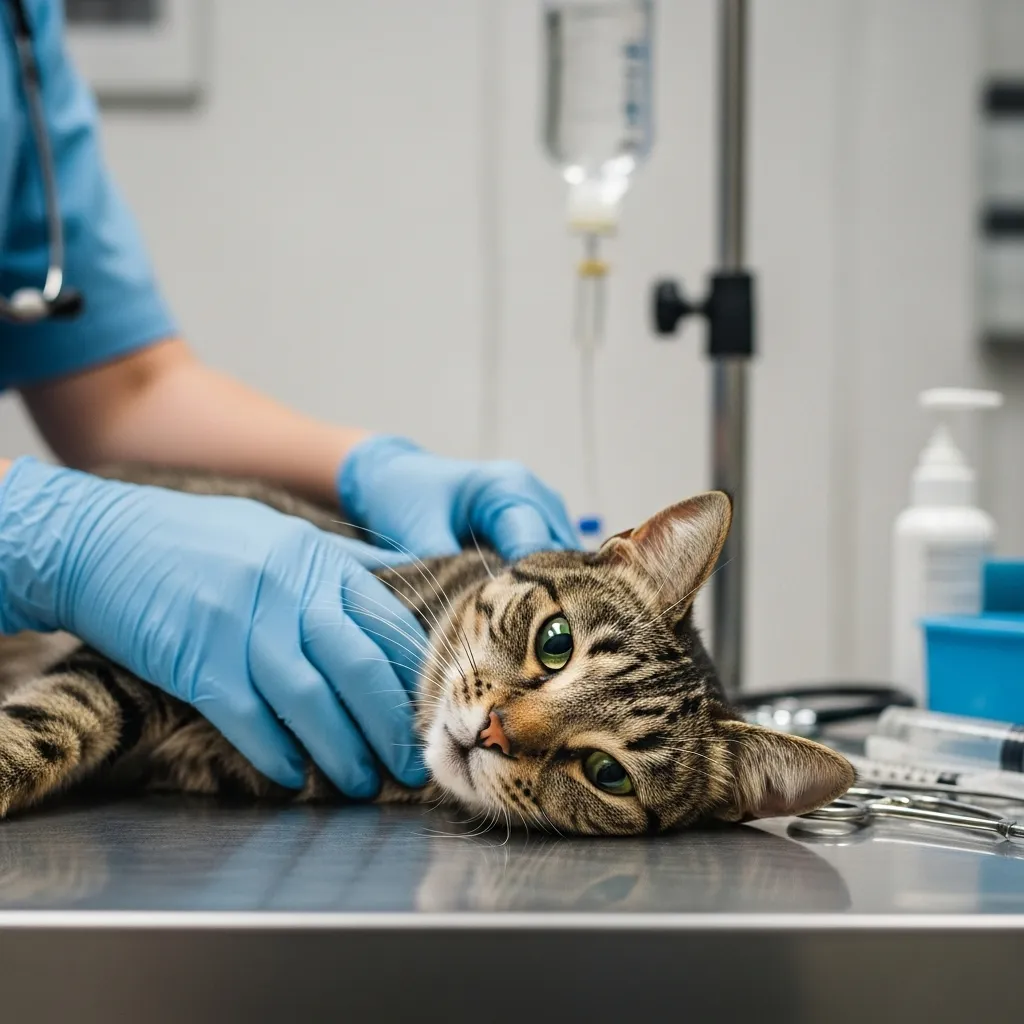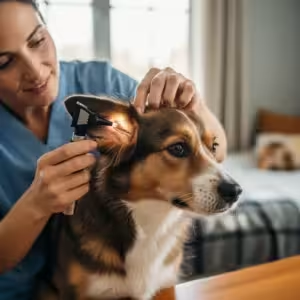
A: Antifreeze, Air Fresheners, and Alcohol
Antifreeze and Automotive Fluids
Ethylene glycol, the primary ingredient in most automotive antifreeze, is extremely toxic to pets. It has a sweet taste that can attract animals, but even a very small amount—as little as a teaspoon for a cat or a few tablespoons for a medium-sized dog—can be lethal. It causes acute kidney failure, a condition where the kidneys abruptly stop functioning. Signs of ingestion include a “drunken” appearance (stumbling, disorientation), vomiting, seizures, and excessive thirst and urination. These signs can appear within 30 minutes. If you suspect ingestion, it is a critical emergency requiring immediate veterinary intervention.
Safety Tip: Always store antifreeze in a sealed, clearly labeled container far out of reach. Check your driveway and garage floor for any leaks from your vehicle and clean them up immediately. Consider switching to a propylene glycol-based antifreeze, which is less toxic, though still not entirely safe.
Air Fresheners and Essential Oils
While we enjoy a pleasant-smelling home, many air fresheners and essential oils can be harmful. Plug-in diffusers, sprays, and liquid potpourri can release volatile organic compounds (VOCs) that may irritate the respiratory tract, especially for pets with asthma or other breathing issues, like brachycephalic (flat-faced) breeds such as Pugs and Persian cats. Birds are exceptionally sensitive to airborne toxins.
Essential oils are a significant concern. Cats, in particular, lack a specific liver enzyme needed to metabolize many compounds in these oils, making them highly susceptible to toxicity. Ingestion, skin contact, or even inhalation of concentrated oils like tea tree, pennyroyal, pine, and citrus oils can cause drooling, vomiting, tremors, and even liver failure. Always consult a veterinarian before using any essential oils around your pets. For reliable information, veterinary overviews from organizations like the American Veterinary Medical Association (AVMA) can provide further guidance on household toxins.















